Here’s How to Prepare Your Family and Your Home for a Typhoon
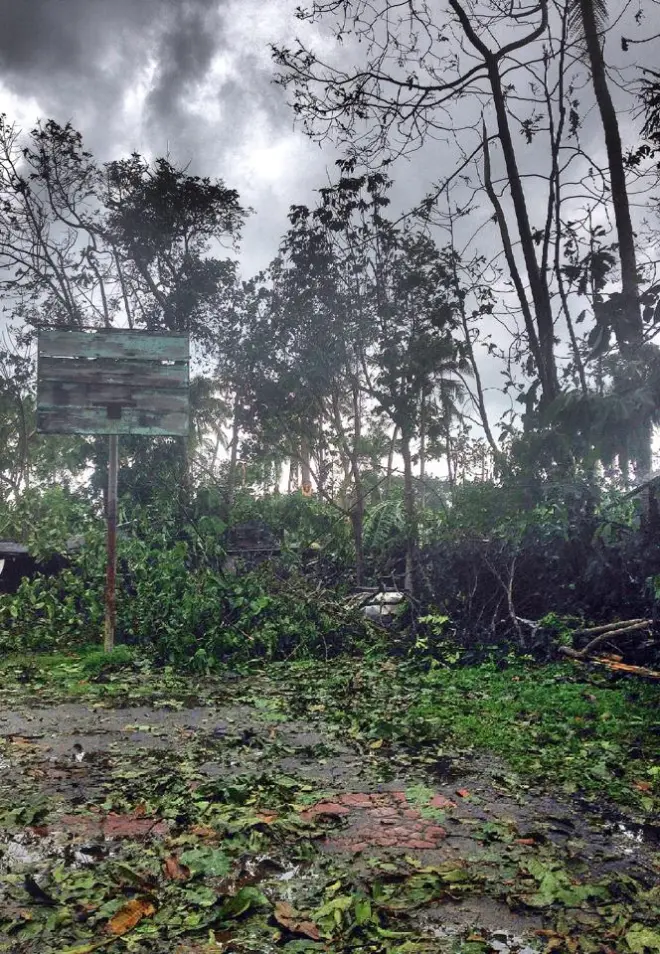
Being geographically located on a Pacific Ocean region near the equator (known as the Typhoon Belt), the Philippines normally experiences an average of twenty typhoons every year.
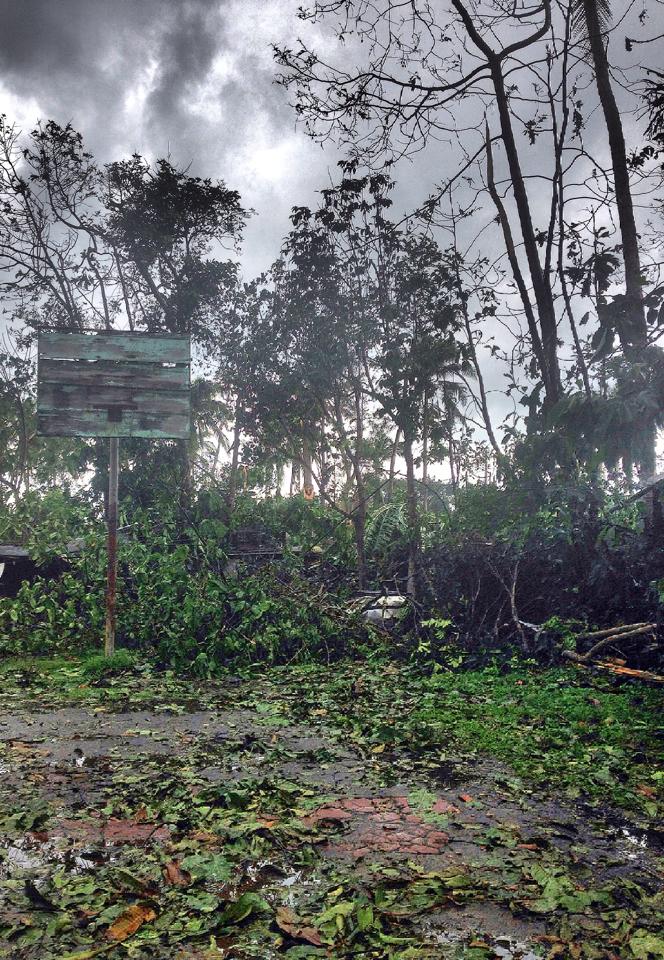
Being familiar with typhoons “passing by”, we sometimes take it for granted. We see them as a normal occurrence. Unfortunately, this leads to lack of preparation. In a lot of cases, we’re more concerned with class and work suspension than what the typhoon can do to our family and our home.
We cannot disagree with the fact that Filipinos generally have an optimistic view in every situation. However, we cannot also disregard our responsibility to stay cautious, get ready, and be prepared for the worst that typhoons may bring.
Typhoon Preparedness Tips
Since it’s typhoon season, here are some gentle tips and reminders in preparing and securing your family and home:
- Check if repair is necessary.
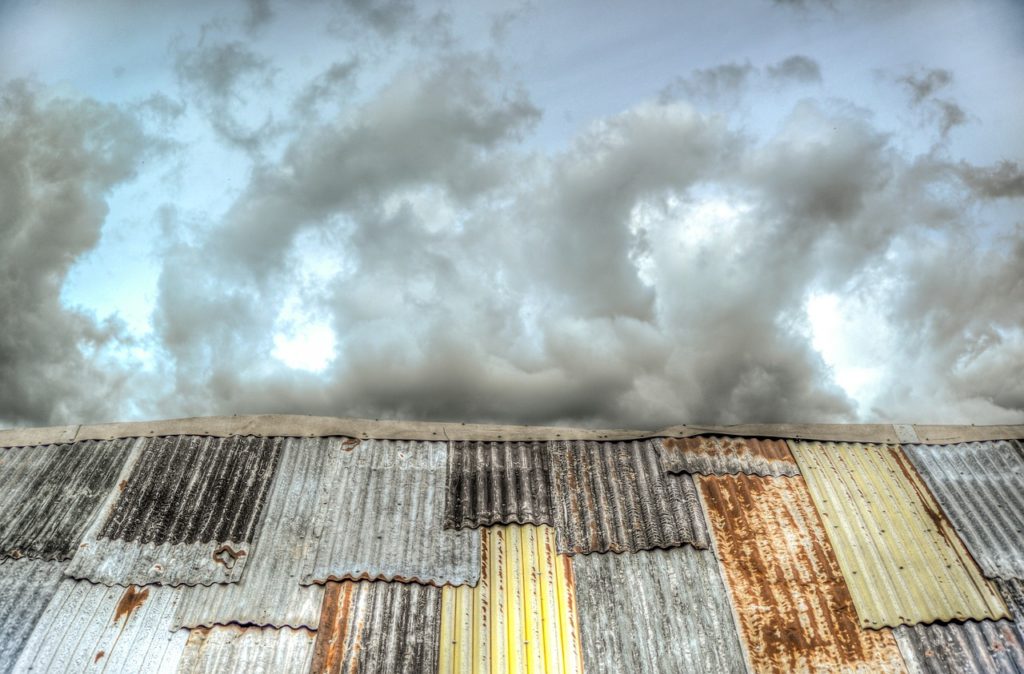
While the song, Pumapatak Nanaman Ang Ulan Sa Bubong Ng Bahay, is LSS-worthy, you wouldn’t want to be singing it because that’s exactly what’s happening. Check your roofing, walls and the likes. Make sure that they can withstand the wrath of a typhoon. Hire a professional for best results.
Hiring a competent contractor for home construction and renovation can help ensure peace of mind knowing that your home is made of high-quality materials by competent professionals. Contact us so we can talk about this.
- Prepare an emergency kit.
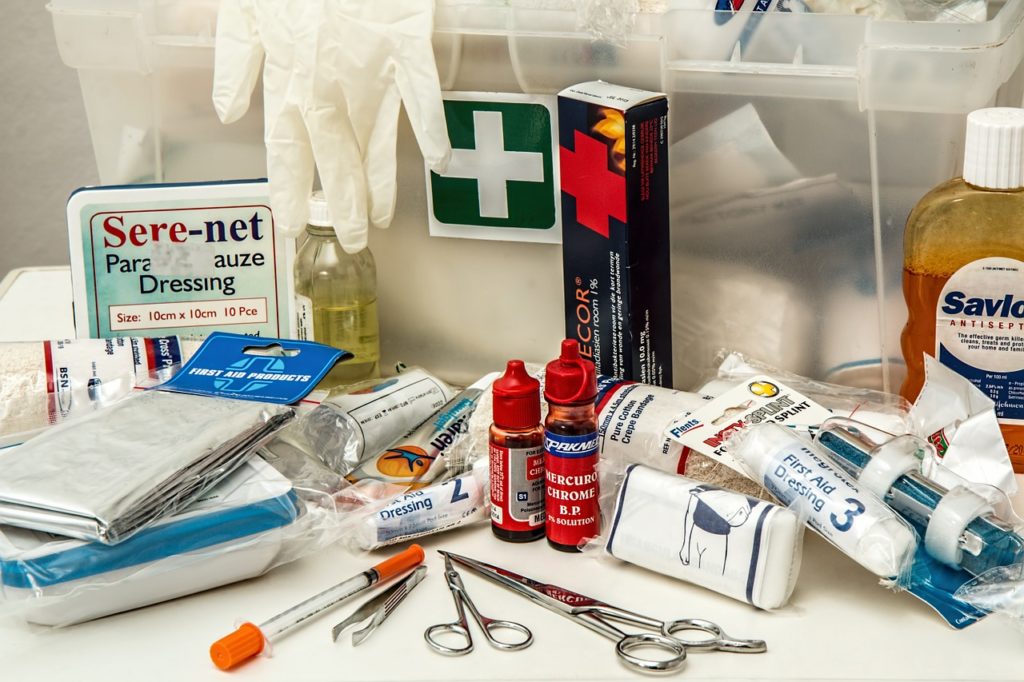
This includes first-aid bag, hygiene kits, medicines and/or prescriptions, flashlights, and power banks.
- Fully charge all your electronic gadgets.
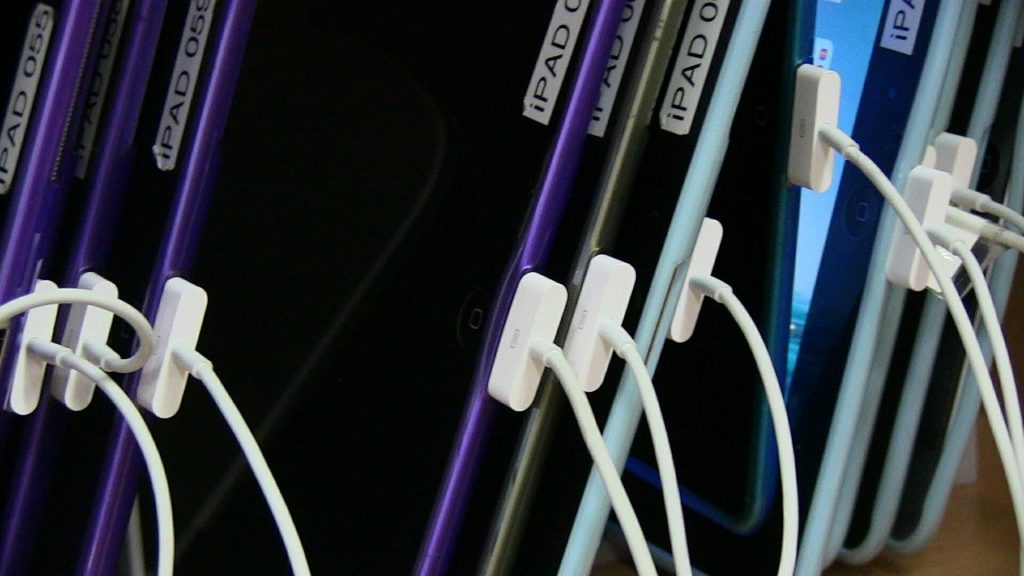
Electronic gadgets do not just serve as devices to kill some time! These are basically helpful to communicate and update people you know. During typhoon, avoid using it much except for serious emergencies.
- Store food supply and water.
Although forecasted, we are not entirely sure of the unexpected events that typhoons may bring. Guarantee that you have an adequate supply of food and water for your entire family that would last for at least three days. Canned-goods, biscuits, water gallon, and other easy-to-eat food are suggested to be added in your list.
- Stay updated to weather forecasts.
First step in preparing ourselves for an upcoming potential destructive weather is to be informed. Listen to the news reported on television or radio to know the warning storm signals. You may also download a weather forecast application on your mobile phones, tablets, or any electronic devices, as long as it is accurate.
Some recommended applications are Windy, My Weather Radar App, and DOST PAGASA.
- Stay tuned to #SocialMediaAlerts.
Social media has a growing influence because it has opened another way of interaction and engagement among people in the present time. That’s why social media networks are now being used for emergencies and information dissemination, too! Facebook and Twitter—and their #hashtag features—help contribute to your convenience to check the important reminders about the weather.
- Stay indoors (choose to stay dry).
It’s really unfortunate that malls are packed during class and work suspensions because of a typhoon. Going to the mall should not be one of your options when there is a typhoon approaching your area. Also, keep yourself away from windows and glass doors. Always keep in mind everyone’s health and safety!
- Take note of your emergency contact numbers.
This should automatically include your relatives’ contact details. Make sure to know the contact details of your area’s Philippine National Police, Bureau of Fire Protection, Water District, Risk Reduction and Management Office, and Medical Center.
If you’re in Lipa, you can also check out this infographic of Lipa City hotlines.
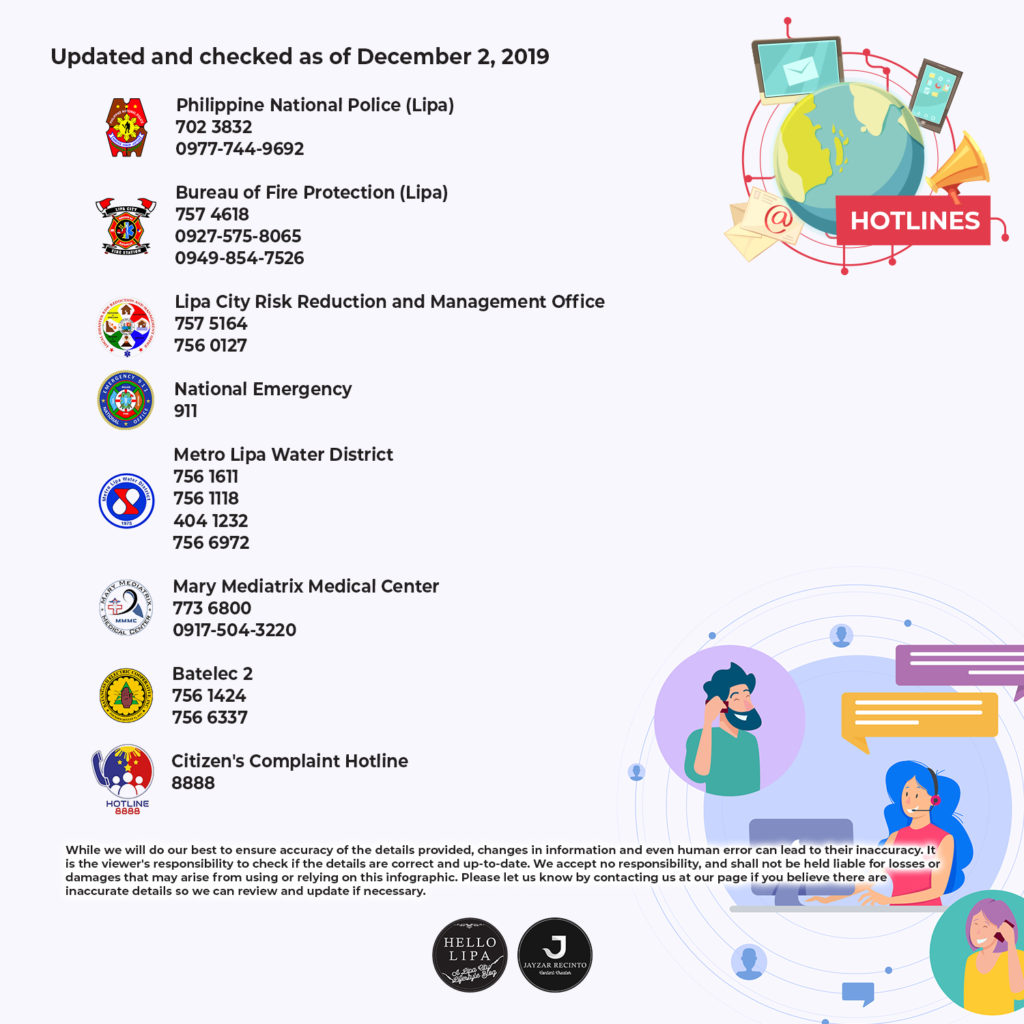
- Have a family disaster plan that everyone understands.
This is one important thing that some might forget to do. Discuss a plan with your family information from where to stay, who to contact, what to do, and when and how to evacuate.
- Again, stay safe.
If you need to evacuate, take the safest route. If you need to walk in a flooded area, beware of dangers under the water.
Stay Safe, Everyone!
You’re probably reading this because of news of an upcoming typhoon. Stay safe!
